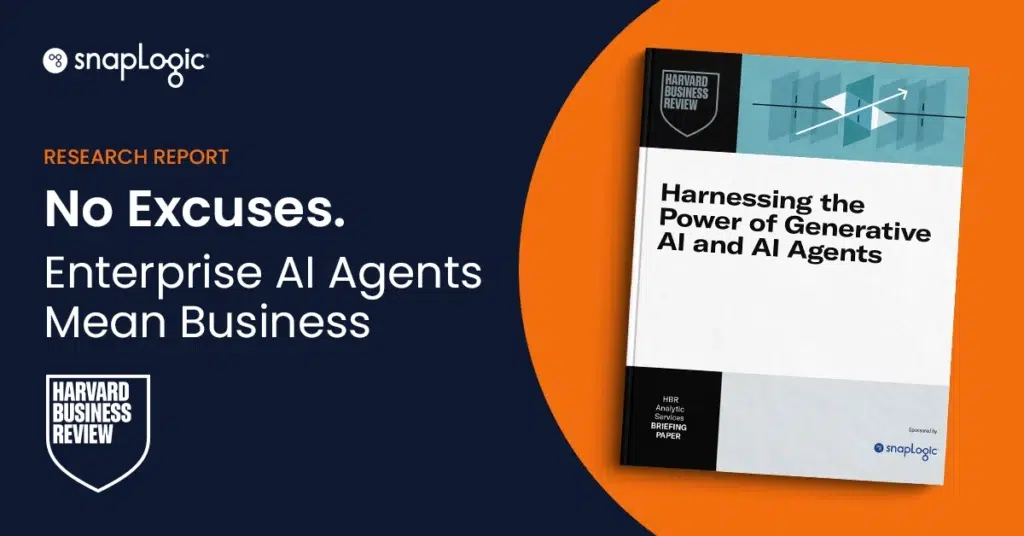What is Robotic Process Automation?
Robotic Process Automation (RPA) is an advanced technology that utilizes software robots, also known as bots or digital workers, to automate repetitive, rule-based tasks within business processes. These tasks mimic human interactions with digital systems and applications to streamline workflows and optimize operational efficiency.
Common applications of RPA
- Data entry automation: RPA automates the tedious process of manual data entry by extracting data from various sources, such as emails, spreadsheets, and databases, and entering it accurately into target systems. This eliminates errors associated with manual entry and accelerates data processing tasks.
- Invoice processing automation: RPA streamlines the invoice processing cycle by automatically capturing data from invoices, validating it against predefined rules, and initiating approval workflows. By automating this traditionally labor-intensive process, organizations can expedite invoice processing, reduce errors, and enhance compliance.
- Customer service automation: RPA enhances customer service operations by automating routine tasks such as responding to customer inquiries, updating customer records, and processing service requests. By leveraging RPA in customer service workflows, organizations can deliver faster response times, improve accuracy, and enhance overall customer satisfaction.
Advantages of RPA
- Increased efficiency: RPA accelerates process execution by completing tasks at a rapid pace, 24/7, without the need for breaks or downtime. By automating repetitive tasks, RPA significantly reduces cycle times, allowing organizations to achieve higher throughput and operational efficiency.
- Error reduction: RPA minimizes the occurrence of errors associated with manual data entry and repetitive tasks. With its ability to consistently follow predefined rules and validate data accurately, RPA ensures greater data accuracy and integrity, leading to improved decision-making and compliance.
- Resource optimization: By delegating repetitive tasks to RPA bots, organizations can free up human resources to focus on more value-added activities that require creativity, critical thinking, and strategic decision-making. This reallocation of human talent leads to higher productivity and innovation within the workforce.
- Scalability and flexibility: RPA platforms are inherently scalable and flexible, allowing organizations to adapt to changing business requirements and scale automation initiatives seamlessly. Whether handling fluctuating workloads or expanding automation to new processes, RPA offers the agility needed to meet evolving business needs.
- Enhanced compliance: RPA ensures compliance with regulatory standards and organizational policies by enforcing consistent adherence to predefined rules and procedures. By automating compliance-related tasks such as data validation, auditing, and reporting, RPA mitigates risks and enhances governance across business processes.
- Improved customer experience: Through faster response times, accurate data processing, and personalized interactions, RPA contributes to an enhanced customer experience. By automating routine customer service tasks, organizations can deliver timely and efficient support, fostering loyalty and satisfaction among their customer base.
For more on automation in specific sectors, you can read our entry on RPA in Healthcare.









